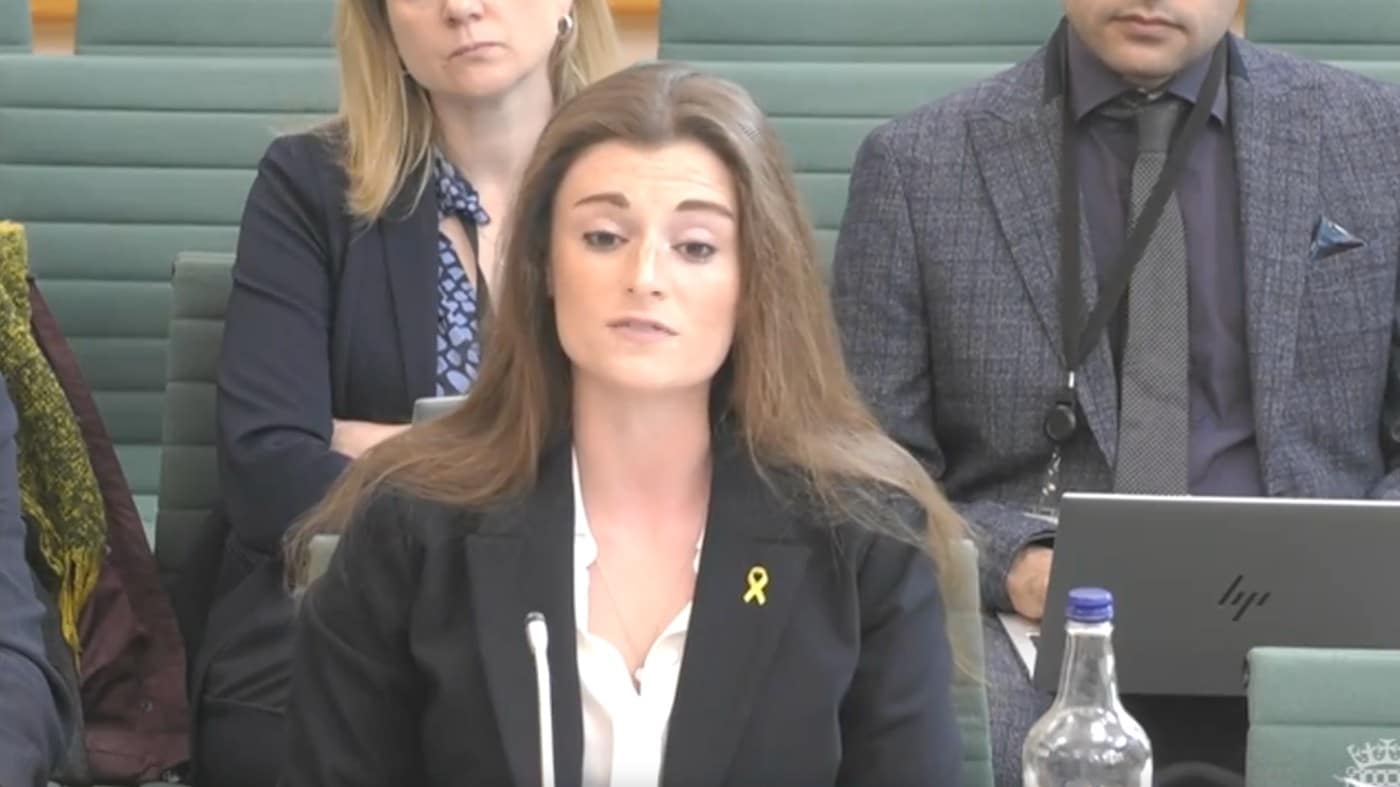The two extremes of the climate debate are defined by the denialists who would do nothing and the defeatists who will agree to anything. But regardless of the urgency of the climate crisis, our democratic systems can’t work if we are too afraid to use them.
The whole point of parliament is to facilitate debate about the options we face, but when it comes to climate policy there are some in the commentariat who believe such debate is not just a distraction, but dangerous. But such a passionate belief that suggesting improvements to legislation risks ‘the perfect becoming the enemy of the good’ is as irrelevant as the belief by others that climate change is a fraud.
Just as dabbling the brakes on a car might not be enough to stop a collision, or giving someone a short dose of antibiotics can make their infection harder to treat down the track, passing climate legislation that does nothing to stop new gas and coal mines will make it harder for Australia to reduce its emissions in the future, not easier. The UNFCC, IEA and UN Secretary General have all made clear that if the world is to limit climate change to 1.5 degrees then the world needs no new gas or coal mines.
The belief that if The Greens or Independents have the temerity to propose amendments to Labor’s so called ‘Safeguard Mechanism’ they are placing our climate at risk has no basis in science and flies in the face of our democratic traditions. When Tony Abbott repealed the Clean Energy Future Package, Labor proposed over 60 amendments, and the Greens proposed 6. When Tony Abbott legislated the bones of the Safeguard Mechanism in 2014, amendments were moved by Jacqui Lambie, the Greens, Nick Xenophon, Glenn Lazarus, and Zhenya Wang. Few argued that such attempts to improve climate policy were reckless or harmful.
What unites the climate denialists and defeatists is their hostility to those who insist on using science, rather than political instinct, to evaluate climate policy. The fact that most economists support the removal of fossil fuel subsidies, and most voters oppose the construction of new gas and coal mines only adds to the defeatists frustration. But the pursuit of good policy should not be abandoned to spare the feelings of those who would settle for less.
One of the main arguments of those urging the rapid passage of Labor’s Safeguard Mechanism is that after the Coalition’s ‘lost decade of climate action’ we have no time to lose. But ironically, the Safeguard Mechanism itself was created by the Coalition during that ‘lost decade’. All Labor’s proposal does is tweak a policy that, by design, does far less than the carbon price that Julia Gillard and Bob Brown successfully introduced in 2011. If we have lost ground for the last 10 years, how can a new policy that does less than Labor’s old policy possibly be enough?
If passed into law, Labor’s Safeguard Mechanism will be the world’s first ‘cap and trade scheme’ that lacks a cap on emissions. Traditionally emissions trading schemes impose a ‘carbon budget’ and then let polluters buy and sell the rights to pollute among themselves. But bizarrely, Labor’s scheme creates no such cap on emissions. While individual polluters will be required to reduce their emissions (or buy offsets), there is literally nothing to stop new polluters, including new gas and coal mines opening up. This creates the absurd situation that while existing manufacturers will be penalized if they can’t reduce their emissions each year while enormous new polluters like the Betaloo gas project will be free to open up.
It gets worse. Where a traditional carbon tax or emission trading scheme simultaneously sends a price signal to polluters to change course while generating a large flow of new revenue for government, the Safeguard Mechanism wont raise a cent for the Government. It will force Australian manufacturers to spend billions of dollars buying low integrity carbon offsets, but all of that revenue will flow to those selling the carbon credits leaving the government with no new revenue to help compensate industry or consumers.
But while the Safeguard mechanism is uniquely bad in so many ways, it is not the only scheme in the world to allow polluters to rely solely on carbon offsets to meet their ‘emission reduction obligations’. Kazakhstan’s emissions trading scheme shares that design feature.
It’s not hard to see room for improving Labor’s Safeguards Mechanism, but it is hard to stomach being told that expressing such concerns risk Australia’s climate ambition.
Australia is already the world’s third largest fossil fuel exporter, behind only Saudi Arabia and Russia and yet there are 117 new fossil fuel projects in the pipeline. The Safeguard legislation will do nothing to stop them. We already spend around $11 billion per year on fossil fuel subsidies. And we still subsidise native forest logging. Our cities are full of enormous, and subsidised 4WDs and we lack any fuel efficiency standards.
It’s hard for those focussed on the science and economics of climate change to have a sensible conversation about what we need to do and what the options for doing it are. But hard or not, it is essential that we have them. In the fight against inflation we let the RBA lift the cost of the average mortgage by $12,000 per year, but the climate defeatists would tell us that we can’t expect the fossil fuel industry to take a hit in the fight against climate change. There’s no science or economics behind that view, and like most Australians, I don’t buy it either.
Dr. Richard Denniss is the executive director of independent public-policy think-tank, the Australia Institute
The post Richard Denniss: Climate action undermined by ineffective legislation appeared first on The New Daily.
















